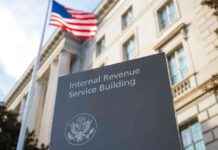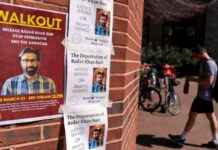Pinehurst No. 2 is a renowned golf course located in Pinehurst, N.C., and has been a host to the U.S. Open. The course is known for its challenging layout, with sandy waste areas and tricky greens that can make it difficult for even the best players in the world. Despite its challenges, Pinehurst No. 2 is a public course that allows golf enthusiasts to experience the same course played by professional golfers.
Ranked as one of the top courses in the world, Pinehurst No. 2 offers a unique golfing experience carved through longleaf pines. The course does not have traditional rough but features sandy waste areas with wispy grass that can pose challenges for players. The crowned Bermuda greens are particularly tricky, as any balls on the edges can roll off into runoff areas, requiring skillful shots to recover.
To play at Pinehurst No. 2, golfers must stay at the Pinehurst Resort for a minimum of two nights. The greens fee is usually bundled with accommodations, meals, and other tee times. While there is no standard rate for playing at Pinehurst No. 2, packages that include unlimited golf, lodging, and meals range from $3,002 to $3,530 per person for a three-night stay. Additionally, a surcharge of $250 may be required to add a tee time on No. 2 to the itinerary for some packages.
For those looking to play a second round on Pinehurst No. 2, the peak season fee is $595, while the off-season fee is $360, excluding the cost of a caddie. In terms of individual tee times on Pinehurst No. 2, the cost can be around $470, as provided by a Pinehurst spokesperson in a previous ranking.
Playing at Pinehurst No. 2 is considered a bucket-list experience for many golfers due to its reputation and history in the sport. The course offers a challenging yet rewarding opportunity to test your skills on a world-class layout. For more information on playing at Pinehurst No. 2 and other courses at the resort, interested individuals can visit the Pinehurst Resort website for stay-and-play packages.
































